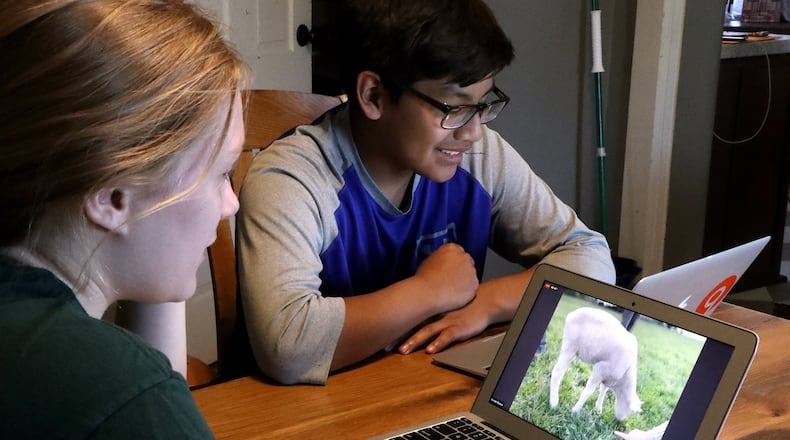ODE paid $5 million from federal COVID-19 relief funding for Ohio Learns 360, which targets kindergarten through fifth graders, according to Ohio PBS.
“Ohio’s PBS stations have been wonderful partners in prioritizing additional education opportunities to support Ohio’s students since the beginning of the pandemic,” ODE interim superintendent of public instruction Stephanie Siddens said. “The Ohio Learns 360 initiative will give families an additional pathway to support student learning beyond the school day.”
According to Ohio’s PBS stations, students in out-of-school-time programs will be able to do hands-on STEM activities with characters such as Cat in the Hat or go on a virtual field trip to one of Ohio’s leading science museums.
Students at home will also be able to participate in virtual after-school programs that feature a well-known PBS Kids character. Parents can learn how to support their child’s learning through Parent Power webinars, and families will be able to attend community events offered by their local PBS station.
PBS station Public Media Connect in Cincinnati and Dayton is leading the effort.
For students in communities of color and in poorer neighborhoods, the summer has been a time when students can forget what they learned the previous school year, especially compared to their white, wealthier peers.
That is because wealthier families can afford camps and daycare that provide educational services to kids. While camps serving poorer families exist, they are rarer and typically need outside funding.
During the beginning of the pandemic, when many schools switched to virtual schooling, poor and minority students, as well as students who had a hard time in school, fell even further behind.
According to an Ohio State University study published in 2021 using 2021 spring testing data, students across the state had achievement gaps compared to previous years. But learning declines were larger for lower-achieving, economically disadvantaged, and minority student subgroups and among districts that spent most of the year in fully remote instruction.
Lacey Snoke, spokeswoman for ODE, said the Department is using federal funding to launch more than 60 new initiatives designed to help students recover from the effects of the pandemic. The Ohio Learns 360 program is just one of those.
Snoke said in-person initiatives are a priority. ODE is putting more than $88 million in funding for summer and afterschool learning and $20 million to support tutoring, she said.
“However, other types of learning experiences can be complementary to those efforts and can at times be more accessible and flexible for students and their families,” she said.
About the Author

